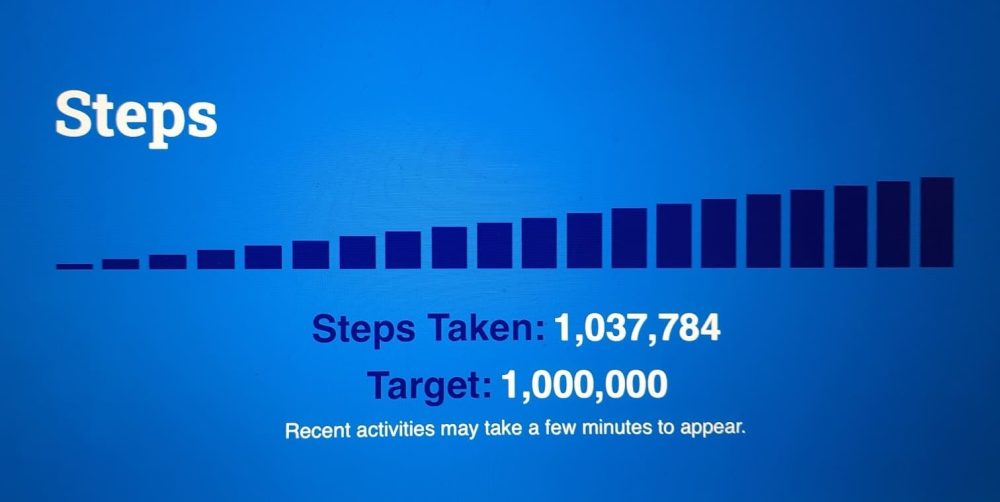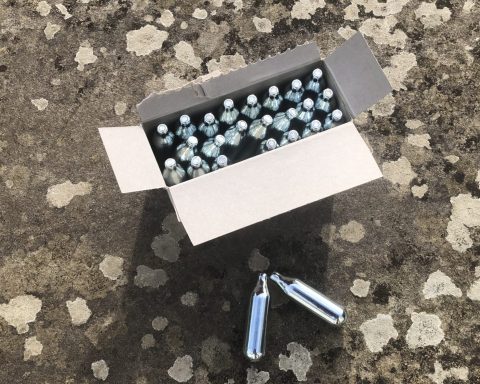 Krishnakant Buch is a Retired GP Trainer from Salford.
Krishnakant Buch is a Retired GP Trainer from Salford.
‘Let food be thy medicine, and medicine be thy food.’ Hippocrates
Last March my GP exploded a telephonic bomb shell: ‘You have type 2 diabetes, and your HbA1c is 49 mmol/l (20-41 mmol/l normal) suggesting good control’. But my mind speeded up like a bullet train, I felt, ‘now I am a patient, I will be advised, my dual inner doctor/patient relationship becomes one’. My chance of getting Covid 19 crossed my mind as well, as age & ethnicity being south asian makes me vulnerable.
I saw a diabetic specialist nurse (DSN). She asked me questions, including my family history of diabetes which I had none, but had late onset cardiovascular disease in the family. While discussing lifestyle issues, I said ‘I enjoy being vegetarian & keep my spirit high with walking’.
She examined me as a new diabetic patient. Her findings were normal. She referred me for retinopathy screening which was normal. She gave me booklets to re-educate myself about the traffic light system while shopping, advising me to check the percentage of carbs, fat and sugar per 100g. I tried running like a crazy boy in the supermarket to find such products. The message seems to be ‘go for green, occasionally amber and may be red as a treat for occasions.’ Other point she stressed was a food’s glycemic index and portions control. Follow up was arranged two weeks after repeat diabetic blood tests in 6 months.
I undertook the Diabetes UK, one million step challenge 1 for three months during the summer, in partnership with Just Giving and Fitbit. This seemed like a God given event for me – I raised funds as well.
My GP exploded a telephonic bomb shell: ‘You have type 2 diabetes.’
It took few weeks to change while shopping. Later on I may have become almost obsessed about ‘sugars’, and also about daily steps.
I gave up sugar in tea & coffee a long time ago, following a good spell of enjoying chocolate, coca-cola for decade. But now checking food labelling3 was a good start. At home I became a pain in neck, no added sugar at all! There was a new dawn of experimental cooking at home with some success. I made home made Eccles cake from chapati flour, but they were so hard they broke my front tooth! Home made smoothies was another adventure.
My dietary change for healthy eating:
Whole meal bread and brown chapati continued. Basmati rice once a week changed to brown rice. Corn flakes stopped, bran flakes, oat & Lidl farm base rice crispy cereals started without sugar. I developed a new taste for sultanas, fruits, especially grapes and bananas. Indian spices continued. Old habits die hard but I had to give up Indian sweets, so called healthy snacks and lovely Eccles cake with their high added sugar.
You are what you eat: “you can’t out-exercise a bad diet”
The banner at the top shows my progress with the million step challenge. With these measures my blood results improved significantly.
My learning points:
My individual challenge proves that diet and exercise works for reducing insulin resistance and improves insulin sensitivity to increase utilisation of glucose to improve type2 diabetes.
While practicing as a GP and having been pre-diabetic for 10 years, my individual behaviour needed both dietary change and exercise as well. Since April 2021, with my patient’s hat on, the impact on my behaviour has been drastic. As a retired GP I can’t translate my experience into my practice with patients, but would spread the message to my Essex faculty colleagues and patients by sharing with my surgery’s Patient Participation group.
The impact on my family is that our shopping habits have changed. Younger member of the family would like to know bit more about my personal experience. There is a request from a family friend to write about healthy diet and weight reduction and diabetes.
‘A wealth of clinical trials has demonstrated the protective effects of high cardiovascular fitness, physical activity (PA), and exercise on all-cause mortality, and prevention of developing cardiovascular disease (CVD), obesity and type 2 diabetes (T2D)’.5
You are what you eat: “you can’t out-exercise a bad diet” (Fit yard.com)
References
- https://step.diabetes.org.uk
- https://www.openaccessgovernment.org/types-of-diabetes/121231/
- https://patient.info/news-and-features/is-the-food-traffic-light-labelling-system-useful
- https://doi.org/10.1186/s13102-018-0110-8
- https://doi.org/10.1016/j.pcad.2018.12.009
Featured image by Dr Krishnakant Buch



